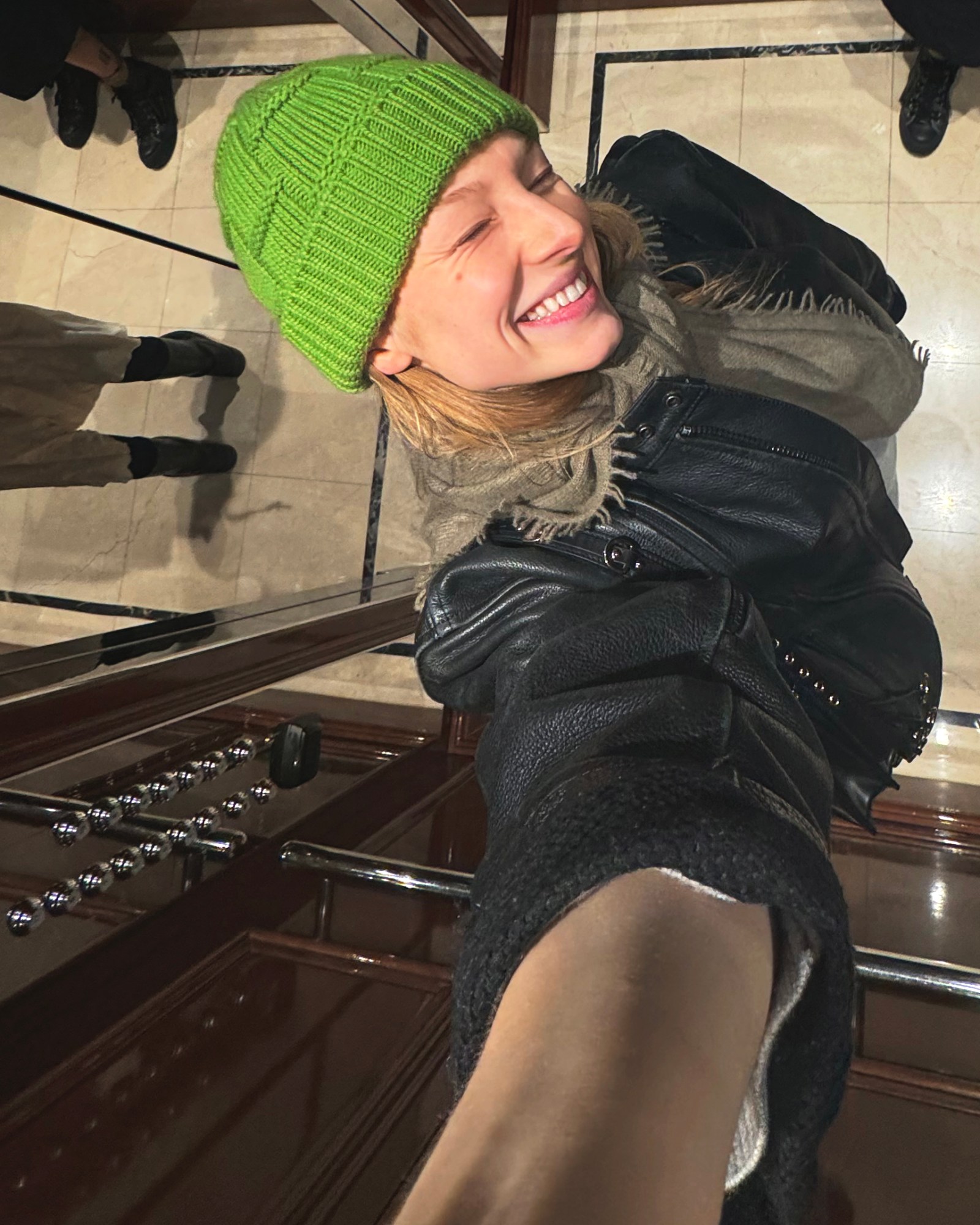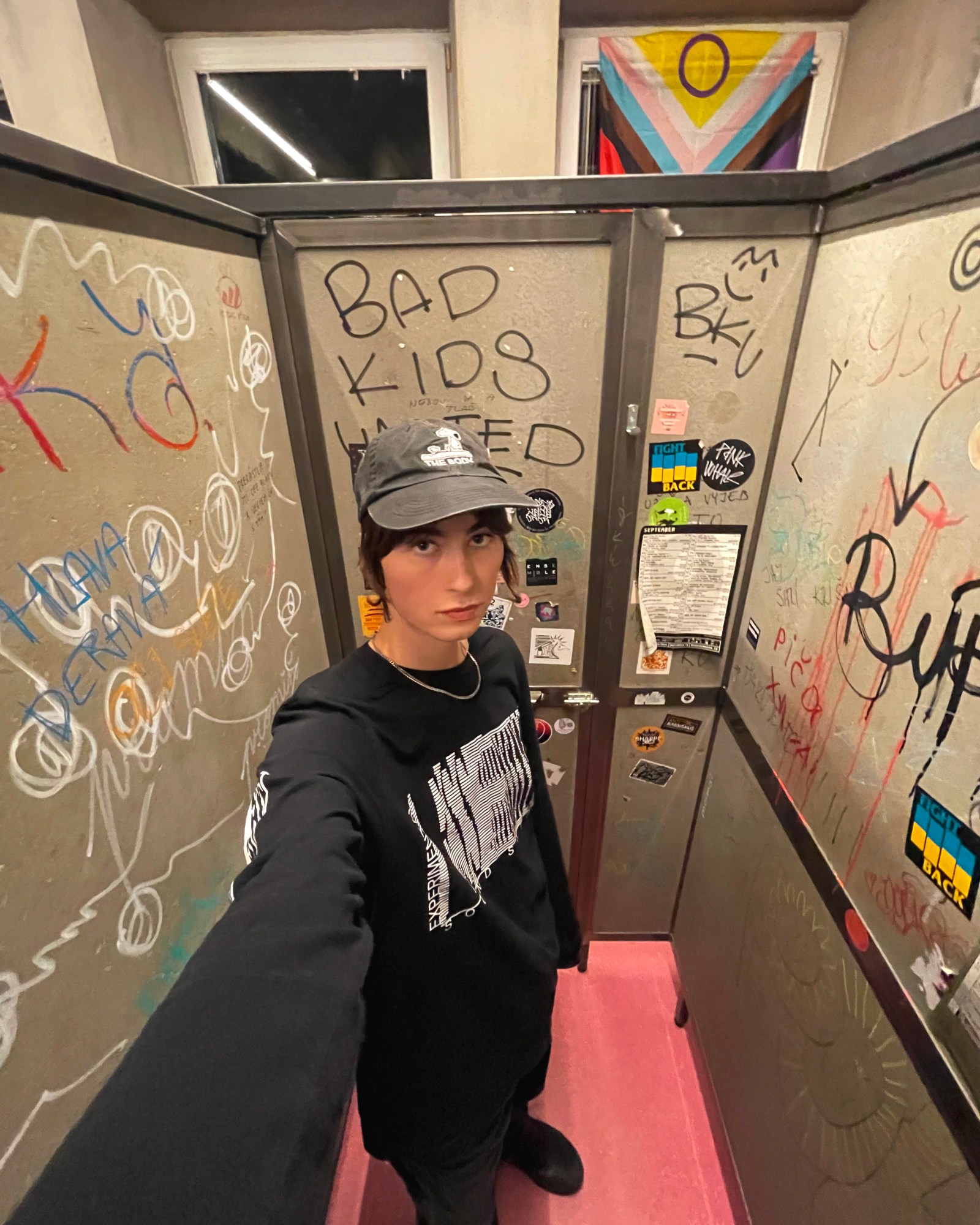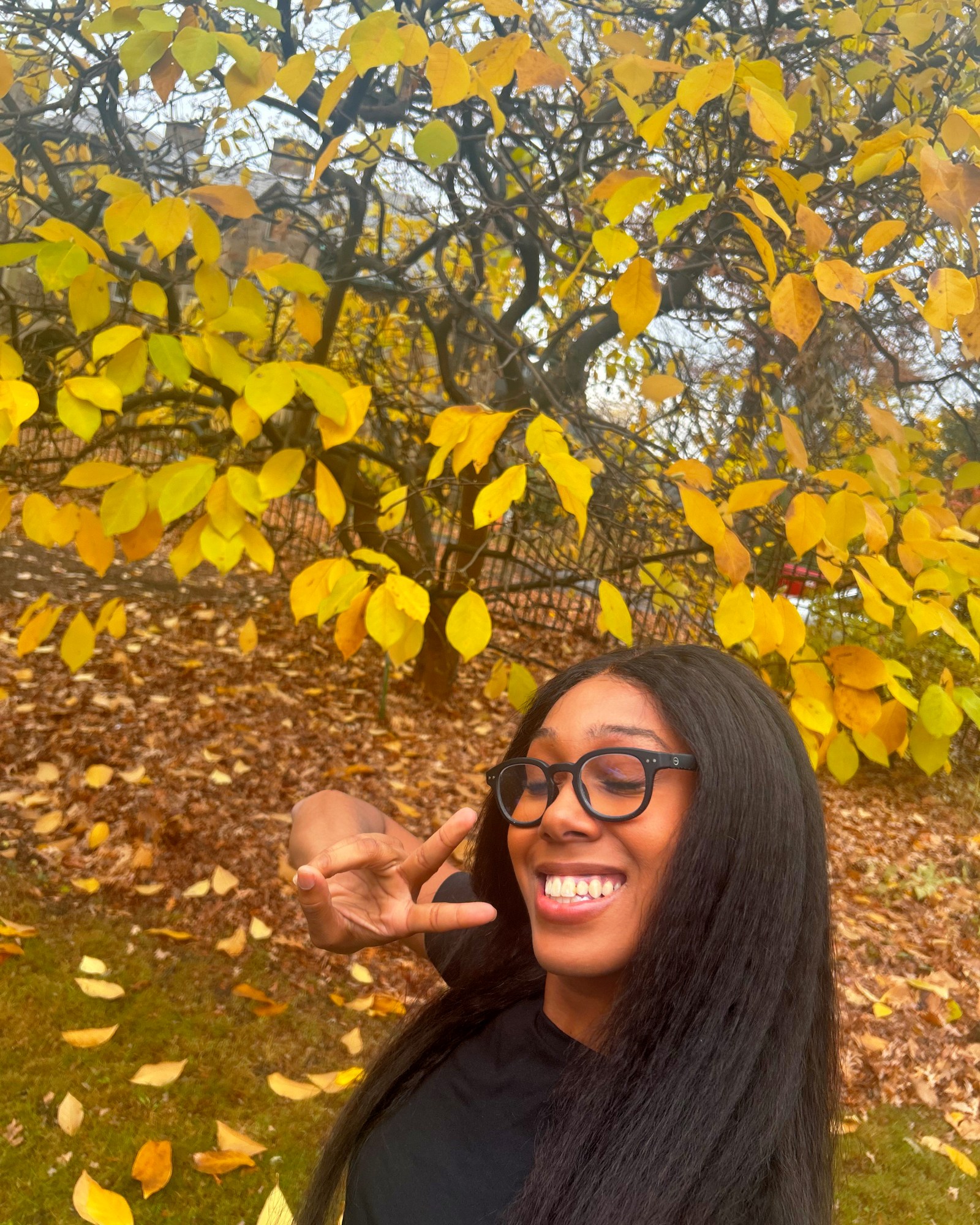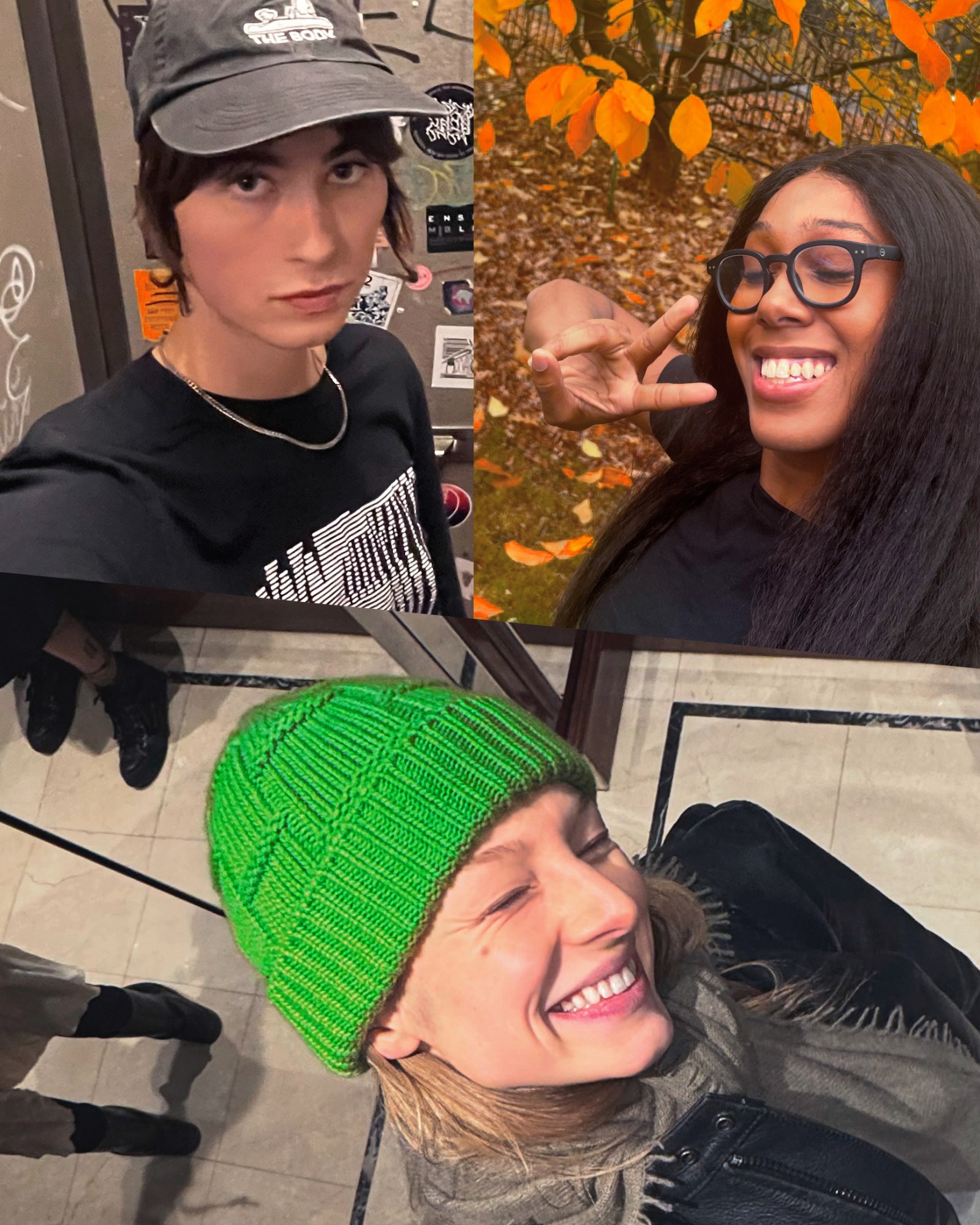In his spoken introduction to the new compilation Transa, the 80-year-old new age legend Beverly Glenn-Copeland quotes Rumi: “Why struggle to open a door between us when the whole wall is an illusion?” What follows is a trip through the new horizons that appear when those walls melt away. Trans and cis voices harmonise over four hours of music that ranges from ambient to rock, jazz, pop, and spoken word, all of it linked by collaboration and craft. The landscape conjured is pastoral yet futuristic, aglow with warmth, and lush with emotions like grief, love, and ascension. Queer and trans artists are often expected to serve as liaisons, “opening doors” between themselves and others by making work about their difference. On Transa, they are instead free to reach upward, toward divinity, by channelling feelings bigger than any one person’s experience. Humanity, not transness, unites them.
Transa is the 24th compilation curated by the Red Hot Organization, whose work began in the late 1980s, when queer people were staring down the worst of the AIDS epidemic. With a few rare exceptions, celebrities wouldn’t touch the subject with a ten foot pole. Yet in 1990, two dozen artists — including Annie Lennox, U2, Sinéad O’Connor, Iggy Pop and Debbie Harry — came together to record Red Hot + Blue, the one of the first-ever AIDS benefit compilations, which raised $1 million for ACT UP. It was accompanied by a TV special hosted by Richard Gere, Carrie Fisher and Kyle MacLachlan. The participation of such mega-stars, most of them straight, helped de-stigmatize the epidemic to a broader mainstream public.
Today, queers face an unprecedented wave of anti-trans prejudice. After passing more than a hundred laws restricting LGBTQ rights, Republicans spent $65 million on transphobic ads this year, and president-elect Donald Trump has promised to go even further. Simultaneously, perhaps paradoxically, trans artists have reached new heights in the public eye. Among them was Sophie, the groundbreaking electronic artist whose death in 2021 inspired artist-activist Massima Bell and Dust Reid, executive director of the Red Hot Organization, to begin producing Transa.
Transa features 46 tracks by more than 80 artists. Sade’s contribution—her first new song in fourteen years—is a tribute to her transgender son, while André 3000’s kaleidoscopic 26-minute piece is titled, with admirable candour, “Something Is Happening And I May Not Fully Understand But I’m Happy To Stand For The Understanding.”
Also featured on Transa are the harpist and screenwriter Ahya Simone, experimental composer Claire Rousay, and multi-talented film star Hunter Schafer. Simone plays harp on “My Name,” “Any Other Way,” and “Ever New” (and sings on the first two). Rousay co-produced “How Sweet I Roamed” with Jeff Tweedy of Wilco, and Schafer reads a poem by Eileen Myles over Cole Pulice’s saxophone on “Under The Shadow Of Another Moon.”
We convened these three to discuss the project on Zoom, since Simone was in Detroit (fresh off a trip to Japan), Rousay was in Vienna (halfway through an international tour), and Schafer was at an AirBNB in Czech Republic (on her way to Prague). Though the three had never met, they spoke avidly like friends with shared struggles — not least, the mainstream expectation that being trans defines them.

So none of you have ever met, or worked together before?
Ahya Simone: Hunter and I have followed each other for a while. I think you donated to my GoFundMe back in 2020, when I was raising money for an electro-acoustic harp. I was like, oh my god!
Hunter Schafer: Yeah! I remember hearing about your work from some of my friends. I almost forgot about that.
Ahya Simone: I’ll never forget. I guess now I get to formally thank you.
How did each of you get involved in contributing to Transa?
Claire: I got tapped for it by Dust [Reid] three or four years ago. At first I was like, I don’t really understand what this is. It seems like it might be exploitative. I can be weird about talking about trans stuff, because I’m part of a lot of other communities, and sometimes people use queer and trans people to make otherwise boring or morally questionable projects seem more cool, or more okay. But when I got more information about Transa, I was like, This is actually wholesome. It’s cool to work with trans people who are having these conversations — not just people who aren’t trans, talking about trans stuff. I guess I joined the project because I wanted to prove myself wrong.
Hunter: So Massima is my ex-girlfriend. I knew she had been developing it for a while, and earlier this year, she asked me to be a part of it. She described this spoken word poetry moment, and I was like, “That sounds do-able.” It was a moment of working with someone that I love a lot, who I hadn’t really worked with in a while.
Ahya: I got tapped by [album co-producer] Terrance [Thomas]. We’ve been Twitter mutuals for a long time. He hit me up out of the blue, and at first I felt similar to Claire. I have thoughts on the state of trans discourse and the marketing of our cultural production. I definitely be like “TS Bah Humbug” sometimes. But this project feels unprecedented. It’s historical, in a way. And I’m so glad I did it, honestly, because I got to meet really cool people and collaborate with some artists I already admired.
How did each of your contributions come to be?
Ahya: “My Name” is really special, because I do the most singing and [harp] playing on there. David [Longstreth, of the Dirty Projectors] sent us some chords before we got to the studio, and me and Kara [Jackson] started writing. I feel like music making is such an emotional experience, and when you’re working with new people, you never know if they’re gonna pass the vibe check. Me, Kara and David — we all do distinctly different stuff. But when we finally got to the studio, it was so cute. There was a sense of care that I really appreciated between the three of us. When someone started to feel a little insecure, we were always encouraging each other. And we each kind of leaned into our strengths.
Hunter: My piece happened really fast — I was sent the poem the same week we recorded it. We had a recording I listened to as a frame of reference, but then it became super intuitive, mostly following Massima’s lead. That was really special, because we both know our past, and what we’re able to bring to this project pretty intimately. She encouraged me to try channelling a few different emotions or memories into the reading. Whatever came up, came up. That felt not too different from what I do on a day-to-day basis with acting.
Massima was my first relationship. She brought me into this world of trans women, and connected me to most of my trans friends today. I had that history to bring to it, and it was cool that we could end up contributing something next to these other artists whose work I’ve admired for years. For everyone to exist on one album — I’ve never seen anything quite like that before.

Claire: Before this project, Jeff and I played some shows together in Texas and hit it off. Prior to that, actually, I was living in Texas and went on a trip to LA, and while I was gone, my house-slash-studio got robbed. They took everything I owned — all my gear, my fucking passport and shit. I guess Jeff had heard a record I made earlier in the year, and he was like, “somebody needs to help this girl out.” He got in contact through a mutual friend, and within a week of getting everything stolen, Jeff replaced it all with nicer and newer stuff.
We worked on this project all remotely. He would send me guitar tracks and vocals, and then I would mix it and record my own stuff over it in my home studio, which is entirely made up of stuff that he gave me. It was a full circle moment to be using like, fucking guitars with “Wilco” on the side of them to make this track with him. It was cool to work on a project with somebody who showed up as a real one, who can use their position of privilege to help out someone who needed it.
Most of the field recordings on our track were taken in or around my house. It seemed kinda perfect for both our collaboration, and what I feel about the [William Blake] poem we used for the lyrics. Most of my work relates to domestic environments and what the home environment can be — it can be showcased as something extraordinary instead of mundane. So I took a lot of recordings from my house, which was full of stuff, because Jeff furnished it.
Ahya: Work, Wilco daddy!
Claire Rousay: Daddy provides. You just have to work.
Each of you has said that you’re wary of being expected to serve as a spokesperson for all trans people. Has your stance on that changed at all after this presidential election, where trans people were in the crosshairs?
Claire: Coming from the indie world, I think of Kim Gordon. Whenever she was doing Sonic Youth interviews they’d ask, “What’s it like being a female musician?” and she’s like, “I’m just a musician.“ I’ve been doing music my whole life, so being “a trans musician” as of whenever I became publicly out — I don’t think that changed things. I’m still gonna do the same shit I was gonna do before. And there’s a lot of situations in which I don’t want to be seen as trans, because they can get fucking scary. So there’s a balance of wanting to stand and have solidarity with people who have similar experiences, and just trying to not get my world totally rocked. I’m really in this middle ground about it.
I’ve been on tour since August, and I don’t know that I’ve really processed the election and what all that could mean. There’s usually not a lot of trans people out at these experimental music shows, so I’m not really surrounded by my community on a regular basis, so it’s kind of weird to think about these things in this context. Someone should tell me if I’m wrong.

Ahya: No, I feel similar. There’s a part of me that’s like, “I’m a bad bitch. You can’t kill me.” I don’t have a choice to be stealth because I’m a yapper and I’m gonna just tell all my business. It takes too much energy to try to keep up with that shit. But I also hate the idea that my basic daily existence has to be sensational and politically polarising to people. I want to exist without feeling like danger will come upon me at any moment because people can’t take me, because I’m too cunt for them.
I’m not even thinking about the election because I’m like, child, this whole country’s fucking racist, it’s transphobic, it’s all the fucking things. This is just the manifestation of our collective consciousness right now, and it’s the same shit as when I was coming out. I think what’s changed is that now transness has a social currency. Now everyone’s invested in making a “trans angle.” You have TV characters where their transness is the whole fucking plot. She gets some titties or a new coochie and some trade.
But people still don’t really care about us, because every time I do an interview about my music, they ask, “How’s it being a Black trans girl in Detroit? Isn’t it dangerous?” And I’m like, baby, I grew up on 7 and 8 Mile. I pump through the hood, and all the n****s in the hood, be like, “What up Ahya?” My city with me. But they’re trying to get that “tragic transsexual” story, you know?
Hunter: I agree, these interviewers… you’re trying to talk about your work, and the only thing that they’re really interested in is the transness of it all, and it’s boring. I’m bored! We’re making exciting shit, and that’s what we should be talking about.
For me, particularly since the celebrity thing has come into play, this is something my team and I have to think about with literally with every single thing I do — how others might hone in on my transness, or whether it’s an opportunity to try and talk about it. Usually I do end up talking about it, because I’m also a yapper, and because obviously, it is super important.
These days, I’m thinking more about the people who don’t know anything about us, and how to infiltrate their worlds. To me, the election highlighted that people don’t really know much about us, nor do they care. And that’s hard, when you have to convince an enormous group of people of your humanity. How do you make them want to care? At least with the platform that I’ve been handed, which at this point has gotten way bigger than I ever could have anticipated, what I’m trying to think about a lot of the time is how to infiltrate. It’s like my secret mission.
Ahya: I love that. I say I don’t like being a spokesperson, because it’s a form of pedestal-ization, which is a form of dehumanisation. But I do feel an enormous responsibility, which is why I commit so much time to cultural work. Back in 2015, me and a homegirl started the Trans Sisters of Color Project Detroit to service the girls. I was an organiser before I started professionally doing music, and I see being a cultural worker as a way to merge my organising and my art.
It feels so inseparable to me that I don’t always think about it, until somebody is trying to take control of my story or my body or my name or my documents, or my access to medical care. And the reality is, if all this shit goes down, we’re gonna have to figure it out. So this is the time for Transa to be out. I can have my personal gripes, but this is a platform that I think comes from a real good place where it’s not dehumanising or patronising. That is what cultural work is for — it helps people continue to resist the matrices of violence that we are under.
Claire: Hearing both of you talk got me thinking about my experience when I was younger, before I had access to the things I have now, like people in my life who have gone through these experiences and can guide me through them. I might have felt negative about Transa at one point, but I wish that ten years ago, I had a musical project to look at that’s kind of related to my practice, but ultimately has a list of trans people on it that makes me say, “Oh shit. There’s 40 people who are like me who are involved.”
My friend Sarah Hennies is also a composer and percussionist. She’s trans, and she said, “It’s cool that I can see somebody who I identify with so much who got access to the same things, using the same centres, and the same resources.” If those resources were taken away twenty years ago, she wouldn’t have gotten them. And if they were taken away ten years ago, I wouldn’t have gotten them. So I want to ensure that in ten years, somebody in the next generation doesn’t get those things taken away, and if they do, we can replace them, or guide them to other places.
Ahya: It’s amazing what people can scapegoat when they’re trying to cover their tracks about other bullshit. That’s really what the current political climate really is — they’re making non-issues into issues, because collectively, people are poor, they’re scared, they’re struggling. They’re looking for any type of relief. And when you’re scared, you start to back-brain. You’re not fully functioning. You make black and white judgments.
People want certainty because everything feels so precarious right now, and trans people show us that everything that we’ve been taught about what it means to be a person is transient and not as static as people think. No one comes out of a coochie fully formed. Women are made. Men are made. People are made. The scapegoating is an attack on autonomy — not just on trans people, but on anyone’s ability to self-determine and have autonomy.
Transa is out now via Red Hot.
Credits
Words: Delilah Friedler
Photography: Claire Rousay, Ahya Simone, Hunter Schafer
